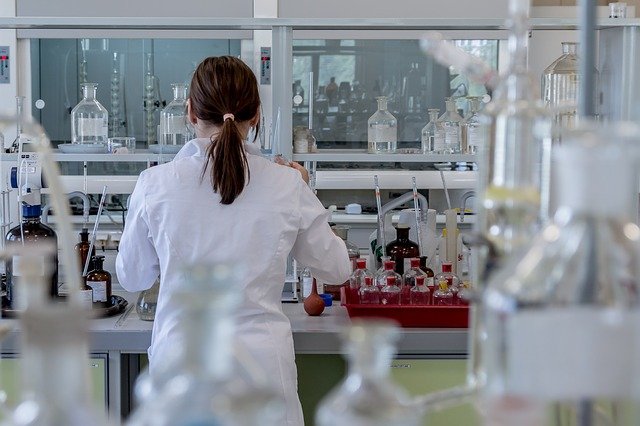MONDAY, July 11, 2022 (HealthDay News) – Abbott Inc. has announced that it has resumed production at its infant formula plant, following a February shutdown over contamination concerns that triggered a months-long shortage of infant formula.
The Sturgis, Mich., factory had restarted production earlier this summer, but had to close once again in mid-June because of damage from severe thunderstorms.
Production of Elecare, a specialty formula for infants with severe food allergies, began after a July 1 reboot, according to the company.
Additional formula will be produced soon, Abbott spokesman John Koval told the Associated Press.
“We are working to restart Similac production as soon as we can. We’ll provide more information when we have it,” Koval added.
Production first resumed in June with additional safety protocols after U.S. Food and Drug Administration inspectors closed it in February. The investigation had uncovered bacterial contamination, a leaky roof and lax safety.
The findings were discovered after the FDA began investigating bacterial infections among four infants who consumed baby formula. Two of the babies died, the AP reported.
Abbott has said its products have not been directly linked to the infections, which it noted involved different bacterial strains, according to the AP.
As parents and caregivers scoured shelves for formula amid short supplies, babies who had allergies, digestive problems and metabolic disorders were most significantly affected by the shortage. The shortage due to the plant shutdown was also compounded by supply chain disruptions and stockpiling during pandemic shutdowns.
Only four companies produce 90% of all formula sold in the United States.
Abbott is among them, though Koval declined to say how much of Abbott’s production happens at the Michigan plant, the AP reported.
Some of the shortage was alleviated when President Biden relaxed rules that restricted imports from foreign formula manufacturers. Millions of bottles of formula have been flown to the United States from Europe as a result.
The Biden administration also invoked federal emergency rules that prioritized formula production in the United States
The FDA now plans to work on long-term authorization for the European formula makers to market their products in the United States, to help keep supplies abundant in case of future shortages, the AP reported.
Closing the Sturgis plant “compounded by unforeseen natural weather events, has shown just how vulnerable the supply chain has become,” said FDA Commissioner Dr. Robert Califf said in a recent statement.
More information
The American Academy of Pediatrics has more on feeding babies during the formula shortage.
SOURCE: Associated Press

